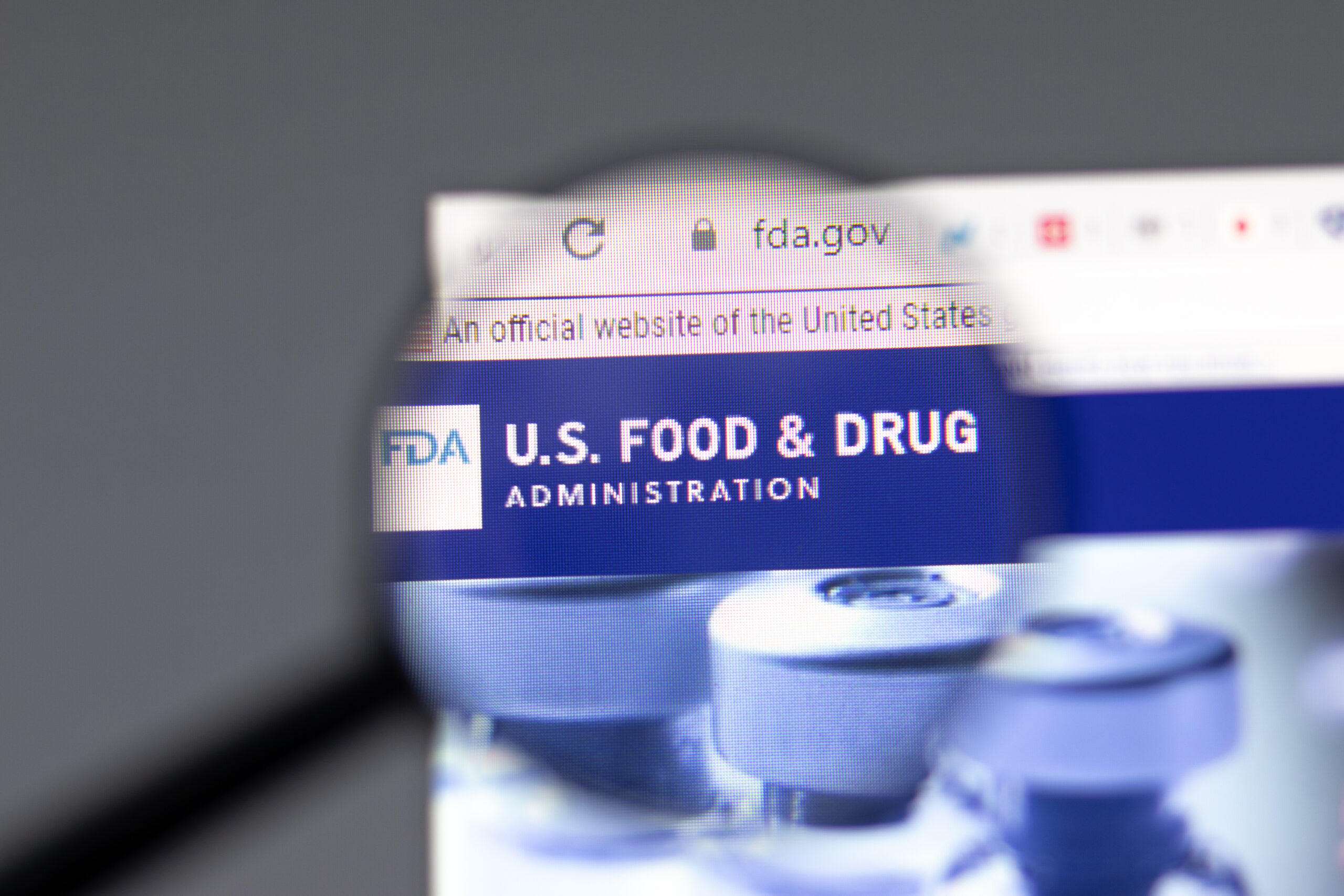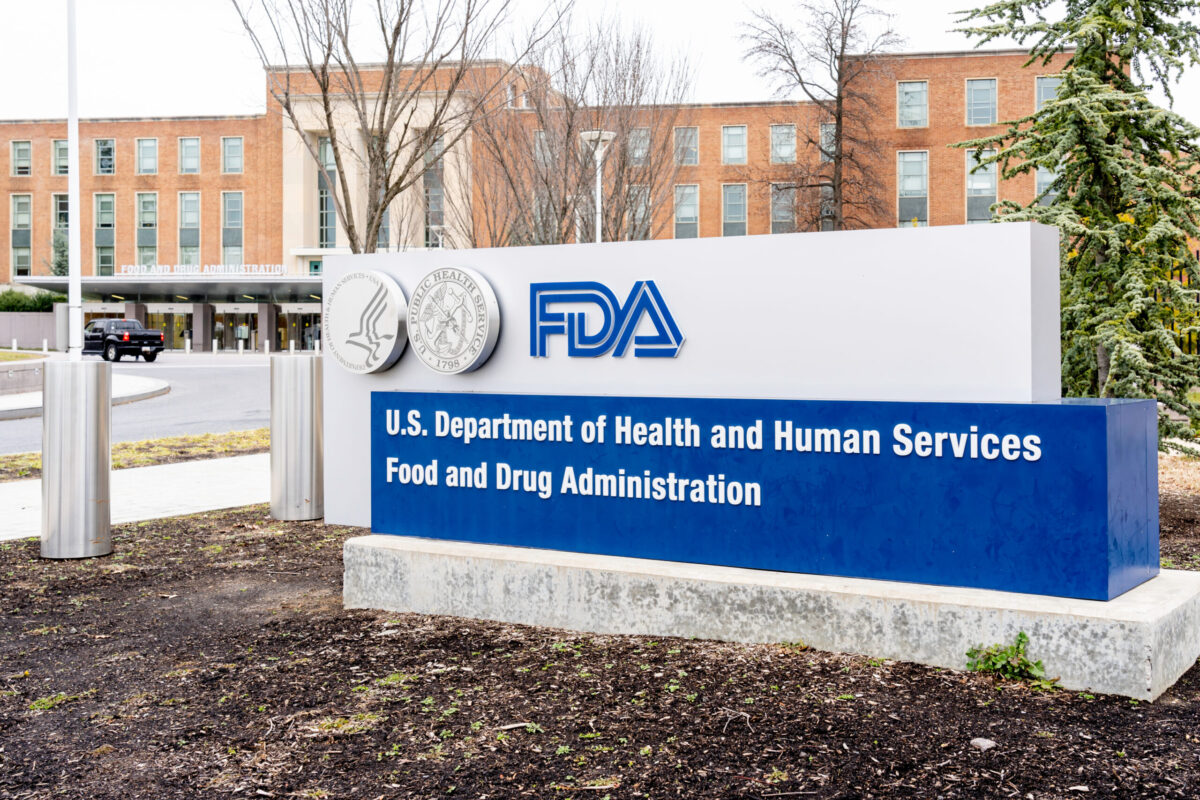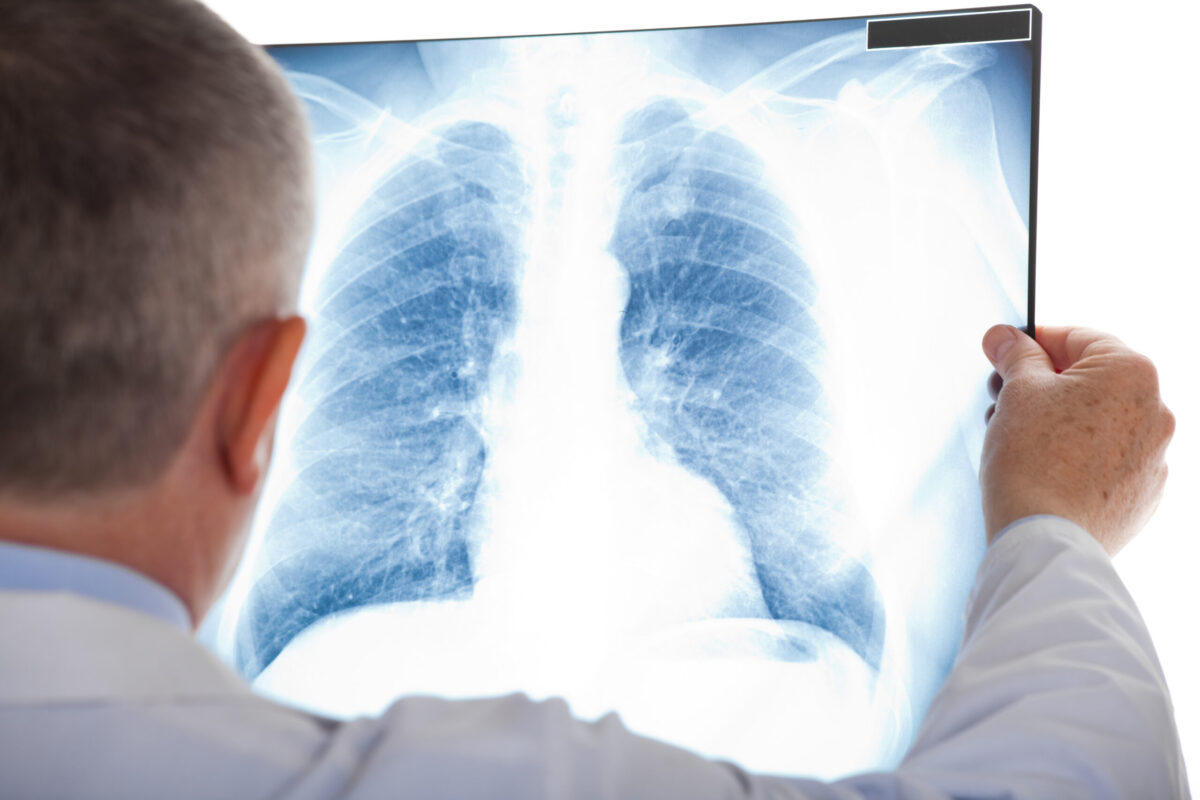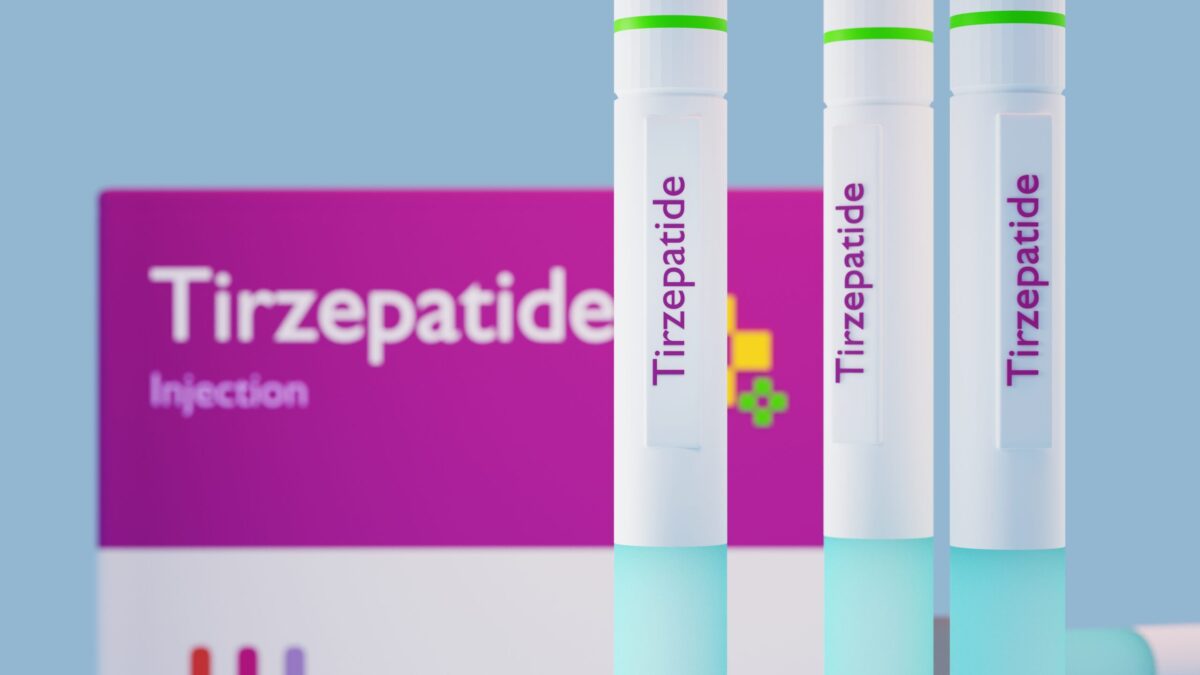A unique form of vitamin B3 – known as nicotinamide riboside – has recently been studied in a human clinical trial. The compound was found to be safe and effective as it boosts cellular levels of NAD+, thereby increasing energy production and protecting against oxidative stress and DNA damage.
Previous research has found that increasing NAD+ levels in mice provided a broad set of health benefits from improved control of blood glucose and cholesterol, to the maintenance of a healthy weight and the ability to live longer. As NAD+ levels tend to decline with age, it has been implicated in a number of age-related diseases.
While these findings have prompted some to supplement their diet with over-the-counter sources of nicotinamide riboside, this vitamin had previously never been tested in human clinical trials. The present study was published in the journal, Nature Communications.
In all, 12 healthy participants were enrolled in the clinical trial. Each volunteer received an escalating oral dose of nicotinamide riboside, with a seven day adjustment period between doses. Using metabolomics, the level of NAD+ in both blood and urine samples was assessed following each dose.
The researchers found that the amount of NAD+ detectable in patient samples was directly proportional to the dose of nicotinamide riboside administered each week. They noted that there were no serious side effects associated with any of the doses.
“This trial shows that oral nicotinamide riboside safely boosts human NAD+ metabolism,” said Dr. Charles Brenner, professor and Roy J. Carver Chair of Biochemistry at the University of Iowa Carver College of Medicine. “We are excited because everything we are learning from animal systems indicates that the effectiveness of nicotinamide riboside depends on preserving and/or boosting NAD+ and related compounds in the face of metabolic stresses. Because the levels of supplementation in mice that produce beneficial effects are achievable in people, it appears than health benefits of nicotinamide riboside will be translatable to humans safely.”
Brenner and his team plan to test long-term nicotinamide riboside supplementation on the cellular levels of NAD+ in healthy individuals. According to Brenner – who also sells nicotinamide riboside supplements through his company, ProHealthspan – future plans also include clinical trials involving patients with chronic health conditions, such as obesity and diabetes.
“Now that we have demonstrated safety in this small clinical trial,” said Brenner, “we are in a position to find out if the health benefits that we have seen in animals can be reproduced in people.”












Join or login to leave a comment
JOIN LOGIN